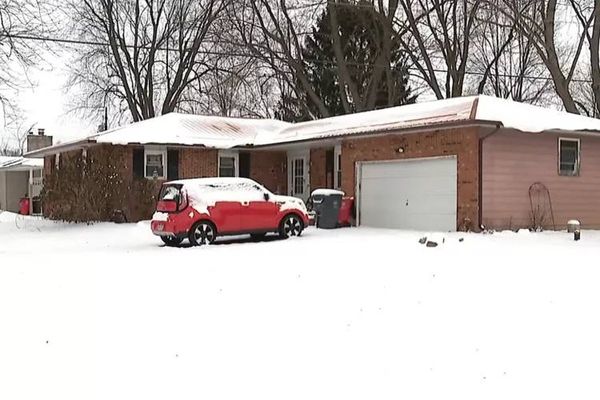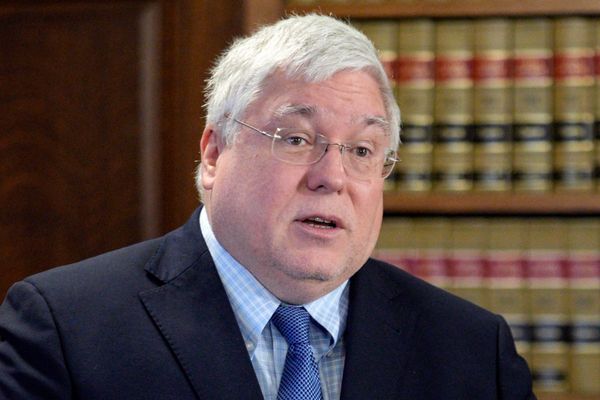
This article mentions sexual assault.
The legal system’s response to rape has multiple moving parts, and each was designed as if to inflict the maximum possible harm on a rape complainant.
That’s my observation from the experiences of dozens of survivors with whom I’ve worked over the past few years during their interactions with the criminal justice system. It aligns with what experts have been saying for a long time. For example, Judith Herman, one of the world’s leading authorities in this field, wrote in 2015: “If one set out by design to devise a system for provoking intrusive post-traumatic symptoms, one could not do better than a court of law.”
A survivor of persistent child sexual abuse wrote to me today after her perpetrator was sentenced, reflecting on her experience in court:
The way a ‘victim’ is treated in the system is so wrong; it has had me reliving and re-feeling those childhood feelings and knowledge of how I should have kept ‘it secret’. I have now new traumas built on the old due to the system re-traumatising and not using trauma-informed care as a model to how victims are treated.
The solution, ultimately, is a completely different system; however, I recognise that that is a long way off. In the meantime, the system we have will continue to routinely retraumatise, and freshly traumatise, every survivor who encounters it. We are fools to pretend otherwise.
If we recognise that each part of the system does harm, then we can also appreciate that we could be making it less bad. One such step, now being called for in the ACT, is specialist sexual offence courts.
Dr Marisa Paterson, a Labor member of the ACT Legislative Assembly, has joined a coalition of advocacy groups to ask the ACT government to consider this move. As she says, the debacle of the Bruce Lehrmann trial and outcome of the Sofronoff inquiry are drivers for the call; however, she could have simply pointed to the ACT’s record as the Australian jurisdiction where a rape complainant is least likely to see their perpetrator prosecuted and convicted.
The basic logic behind specialist rape courts is not difficult to understand: they would do less harm. There is no precedent in Australia, although the concept of specialist courts per se is unremarkable.
For direct exemplars, we can look overseas. South Africa has been experimenting with sexual offence courts on and off since 1993. It’s been a rocky ride, but the data tells a compelling story. In the initial phase of the courts’ development up to 2005, 74 were established. The country’s Department of Justice reported that the results were “more cases being finalised, an improved handling of victims, improved cycle times, and improved conviction rates”.
In 2018, the department reported that the specialist courts were producing a conviction rate in sexual offence cases of 72.7%. That compares with the rate in Australian courts of well below 50%.
In New Zealand in 2016, after a NZ Law Commission report, a sexual violence court pilot was established in the Auckland and Whangarei District Courts. These operate within the existing legal system, but all judges, prosecutors, defence lawyers and court staff are specially trained, there are deliberate design features regarding buildings and environments, and an intense focus on procedures with the safety and well-being of complainants as the central priority.
In 2019, the pilot was found to have been a wild success on all relevant subjective measures and a decision was made to roll the project out nationally.
New York state has also established specialist sexual offence courts. In the UK, judges undergo specialised training.
In Australia, to date, nothing. This is not for want of precedents to follow, the existence of a powerful moral imperative, or the sheer in-your-face obviousness of the harm being inflicted by the existing system as we speak. It is due, simply, to an absence of will.
The benefits of specialisation would be profound. It should be unnecessary to point out that each time a survivor encounters people working in the system — police officers, medical professionals, lawyers, judges, court officers — who are not trauma-informed, their existing trauma is highly likely to be triggered, or they will suffer fresh trauma. This risk can be easily mitigated by ensuring that every person interacting with a survivor knows how to work with a trauma victim.
The physical aspects of the system are equally important: the design of courtrooms, ensuring that there are secure waiting areas so that survivors do not run into their perpetrators in the corridor (or the perpetrator’s family in the rest rooms).
This part of the puzzle is not about the presumption of innocence, rule of law or men’s rights. It is about the system doing less harm. We have what we need to know that a minimum measure in pursuit of that purpose would be to establish specialist criminal courts for sexual offences.
It would not solve the problem of sexual violence, but it would stand a chance of changing the advice I am compelled to give rape survivors today when they ask me if they should go to the police. I would like to be able to tell them yes, you will be safely looked after in that system and there’s a good chance it will deliver justice.
As matters stand, since none of that is true, I cannot.
If you or someone you know is affected by sexual assault or violence, call 1800RESPECT on 1800 737 732 or visit 1800RESPECT.org.au. In an emergency, call 000.







